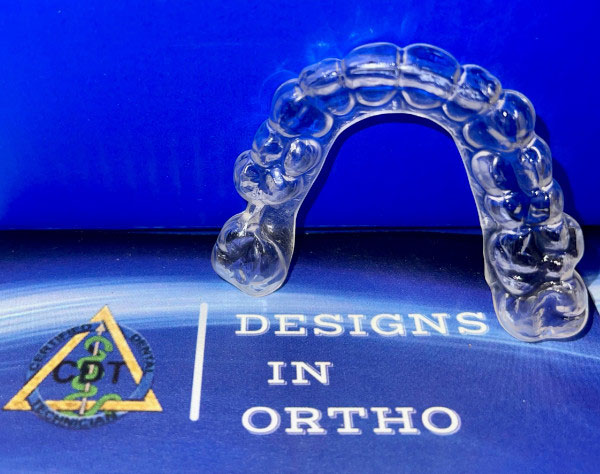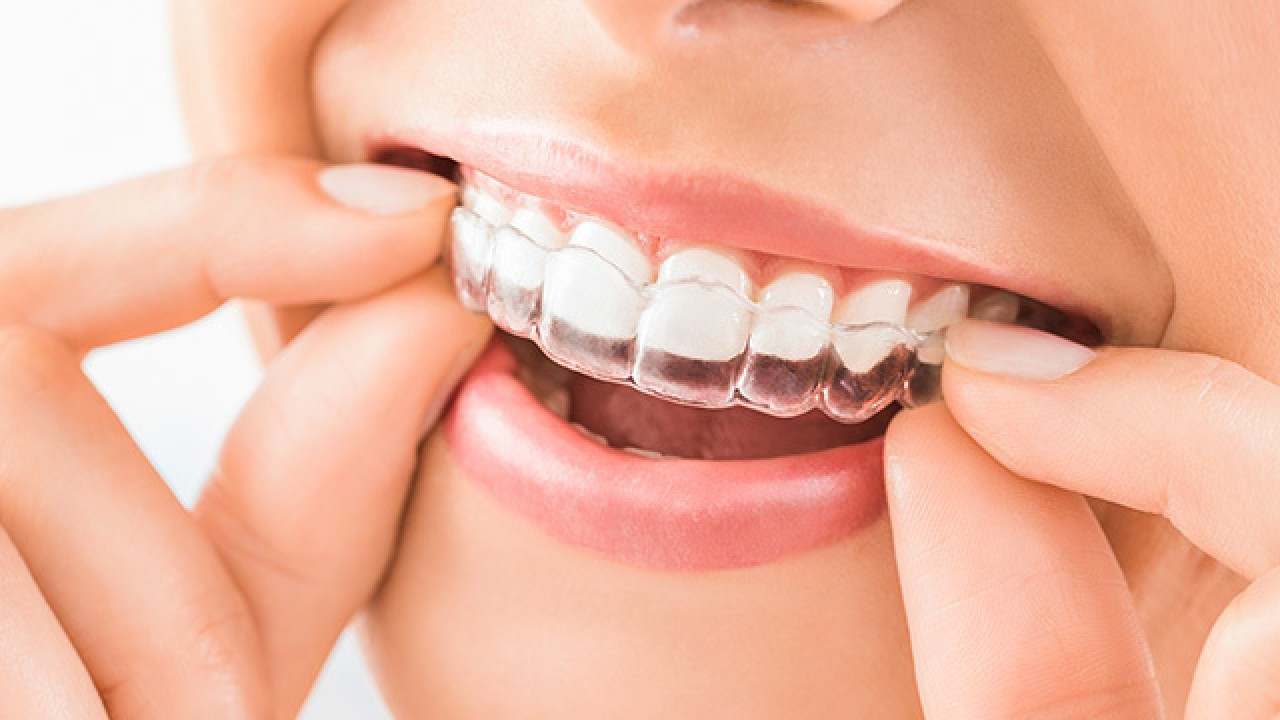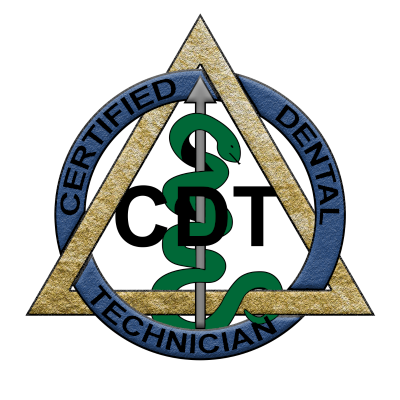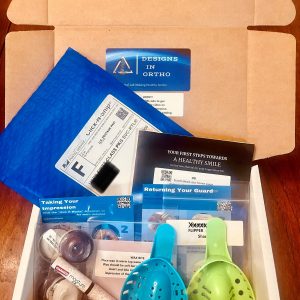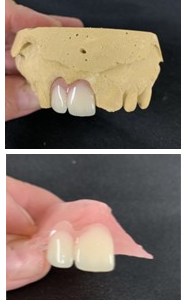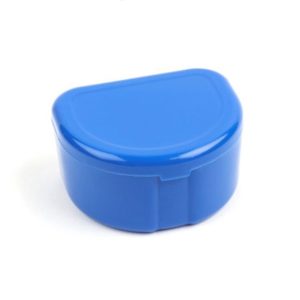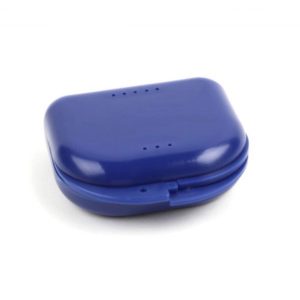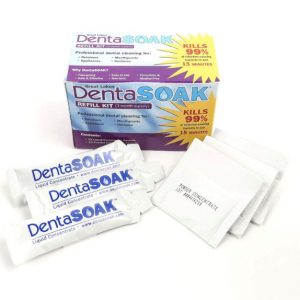Jaw pain is one of the big reasons people use a Night Guard
If you have teeth grinding or clenching a Night guard can protect your teeth from their effects. Grinding and clenching is called Bruxism and this can lead to tooth damage; like wearing down of enamel, or damaging dental work. Most often this is done during sleep so you are not aware or in control of doing it. A Night Guard can help prevent damage to your enamel and provide relief for your Bruxism symptoms.
Bruxism can also cause headaches and symptoms associated with Temporomandibilar joint (TMJ) disorders, such as jaw pain, clicking, and headaches. Wearing a night guard can also help relax the jaw muscles, reducing tension and discomfort.
There are different types of nightguards available to address various symptoms and conditions related to jaw pain, teeth grinding and clenching during sleep. Nightguards, sometimes called occlusal splints or bite guards, are custom-made devices that fit over the teeth and provide a protective barrier.
For individuals experiencing mild to moderate teeth grinding or bruxism, a soft Nightguard may be suitable. Made from flexible materials such as silicone or thermoplastic, soft Nightguards offer cushioning and help absorb the force exerted during grinding or clenching. They are generally more comfortable to wear and provide some relief from jaw muscle pain or tension. Soft Nightguards are typically recommended for individuals with more minor symptoms or those who only grind occasionally.
For individuals with more severe teeth grinding or TMJ (temporomandibular joint) disorder symptoms, a hard Nightguard may be more appropriate. These nightguards are usually made from acrylic or other durable materials and provide a more rigid structure. Hard Nightguards offer greater protection against tooth damage and can help alleviate symptoms such as jaw pain, headaches, and worn-down teeth. They are designed to distribute the forces evenly across the teeth and minimize the impact of grinding or clenching. Hard Nightguards are also custom-fitted to each individual’s teeth for optimal comfort and effectiveness.
In some cases, a hybrid Nightguard may be recommended. This type of nightguard combines the benefits of both soft and hard nightguards. It consists of a soft inner layer for cushioning and a hard outer layer for durability. Hybrid Nightguards are often used for individuals with moderate to severe symptoms who require both comfort and protection.
Overall, the type of Nightguard used for different symptoms will depend on the severity of the condition, individual preferences, and guidance from a dental professional. Effective Nightguard usage can help alleviate pain, protect teeth from damage, and improve overall sleep quality. Designs In Ortho we can help guide you in your decision on the type of Nightguard that would work best for you.
It’s important to consult with your dentist or healthcare professional to determine if using a night guard is appropriate for your specific situation.
